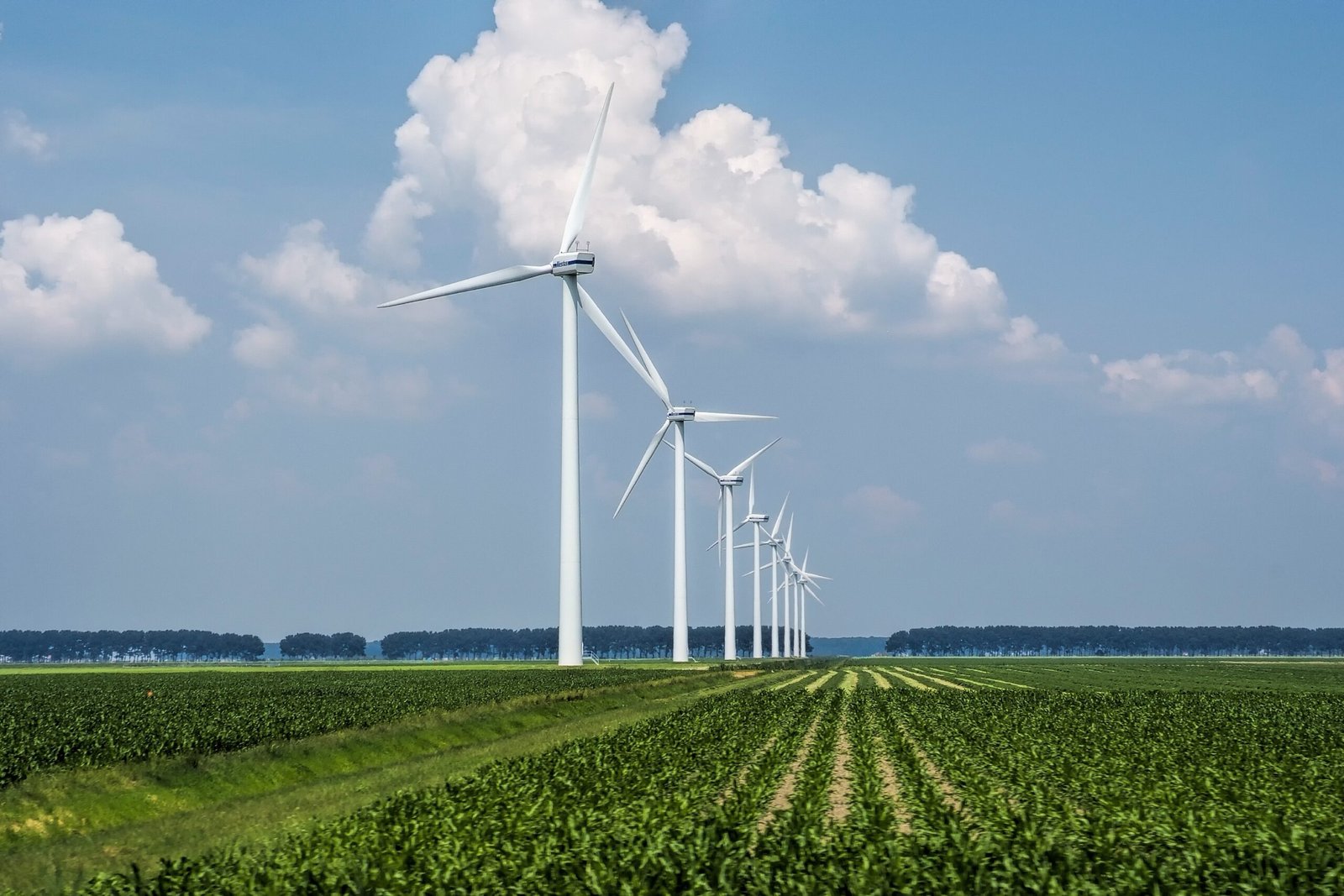India’s infrastructure giant PNC Infratech has made a calculated bet on the country’s renewable energy future. The company launched PNC Renewable Energy Private Limited, signalling strategic diversification beyond highways and bridges into solar and wind power development. This isn’t a tentative toe-dip into clean energy; it represents a deliberate portfolio expansion by an established infrastructure player recognising where India’s growth trajectory points. With ₹1 crore paid-up capital and wholly owned subsidiary status, PNC Infratech secures operational independence for its renewable ventures while maintaining governance oversight.
The timing proves strategic. India is aggressively pursuing 500 GW of non-fossil fuel capacity by 2030, creating enormous opportunities for companies possessing project execution expertise and financial strength. PNC Infratech brings both, alongside decades of EPC experience in complex infrastructure developments including highways, power transmission, and airport construction. Stock markets responded with measured caution. Shares closed at ₹284.40 on BSE, declining 1.46% following the 14th October 2025 announcement. The muted reaction reflects typical investor wariness toward diversification moves before operational proof emerges, particularly given the stock’s recent volatility between ₹235.70 and ₹470.40 over the past year.
Strategic Entry into High-Growth Sector
PNC Renewable Energy Private Limited was formally incorporated on 13th October 2025, establishing the legal framework for independent renewable energy operations. The wholly owned subsidiary structure enables focused capital allocation, agile decision-making, and dedicated management attention without diluting the parent company’s core infrastructure business. All inter-company transactions will follow arm’s length pricing principles, ensuring transparency and regulatory compliance while preventing conflicts of interest that sometimes plague related-party dealings. This governance structure is crucial for maintaining investor confidence and meeting SEBI’s stringent listing obligations and disclosure requirements.
The subsidiary’s mandate encompasses solar, wind, and other renewable energy sources, providing flexibility to pursue diverse opportunities across India’s expanding clean energy landscape. PNC Infratech can leverage its extensive EPC credentials, including project planning, procurement management, construction execution, and commissioning capabilities honed through infrastructure megaprojects. This operational experience directly translates into renewable energy development, where similar competencies determine project success. Site preparation, civil construction, electrical integration, grid synchronization, and operations management mirror skills PNC Infratech already possesses, reducing the learning curve compared to companies entering renewable energy without construction backgrounds.
Geography matters significantly in renewable energy development. States like Gujarat, Maharashtra, and Rajasthan offer exceptional solar irradiance, progressive policy frameworks, and established renewable energy parks with grid connectivity. PNC Infratech’s existing regional presence and government relationships in these markets provide competitive advantages when pursuing project tenders and land acquisition.
Market Dynamics and Policy Tailwinds
India’s renewable energy sector is experiencing unprecedented momentum driven by government mandates, falling technology costs, and corporate sustainability commitments. The National Solar Mission, Production Linked Incentive schemes for solar manufacturing, and accelerated depreciation benefits create powerful financial incentives for capacity additions. The Ministry of New and Renewable Energy and the Central Electricity Regulatory Commission continuously refine frameworks facilitating renewable energy integration, tariff rationalization, and grid stability. These regulatory improvements reduce project risks while improving investment returns, making renewable energy increasingly attractive for infrastructure companies seeking diversification.

Large-scale solar projects, hybrid solar-wind installations, and distributed generation systems all demonstrate robust growth trajectories. Commercial and industrial consumers increasingly adopt captive renewable power to meet sustainability targets, reduce energy costs, and hedge against fossil fuel price volatility. PNC Infratech’s 68% net profit growth, fueled by robust infrastructure contract wins, provides the financial foundation necessary for renewable energy investments. Unlike startups requiring external capital, PNC possesses balance sheet strength enabling patient capital deployment while renewable operations scale toward profitability.
The company’s transparent communication with BSE and NSE exchanges, alongside rigorous SEBI compliance, establishes governance credibility that reassures investors during strategic transitions. Clean energy credentials and operational focus will determine success in competitive EPC project tenders and renewable power generation licensing.
Investor Perspective and Growth Trajectory
The stock’s temporary volatility following the subsidiary announcement reflects typical market behavior when established companies announce diversification strategies. Investors initially question whether management attention will dilute core business performance or whether new ventures will generate adequate returns justifying capital allocation. Analysts generally view this move positively long-term, recognizing renewable energy’s critical role in sustainable growth while acknowledging execution risks inherent in new sector entry. The subsidiary remains pre-operational, meaning revenue contributions won’t materialize immediately, potentially explaining the cautious market response.
However, renewable energy diversification addresses portfolio concentration risks while positioning PNC Infratech to capture opportunities in India’s energy transition. Infrastructure and renewable energy increasingly converge, with projects requiring complementary capabilities including land development, transmission infrastructure, and government approvals—all areas where PNC excels. PNC Infratech’s renewable energy subsidiary launch represents a calculated strategic expansion into India’s fastest-growing energy sector.
By leveraging core EPC expertise, financial strength, and established government relationships, the company positions itself to capitalize on the country’s ambitious decarbonization targets. While stock markets demonstrate short-term caution, the long-term strategic logic remains compelling. As the subsidiary commences operations and secures initial project wins, investor sentiment will likely improve, recognizing PNC Infratech’s successful diversification into sustainable infrastructure development that aligns with global environmental priorities and India’s green energy transformation.
